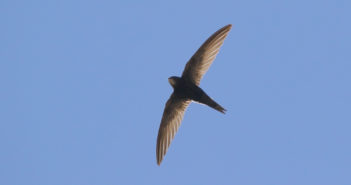
First World Swift Day a Global Success
The first World Swift Day was celebrated in 39 countries with a wide variety of activities in order to spread knowledge about these fascinating birds and encourage their protection.

The first World Swift Day was celebrated in 39 countries with a wide variety of activities in order to spread knowledge about these fascinating birds and encourage their protection.
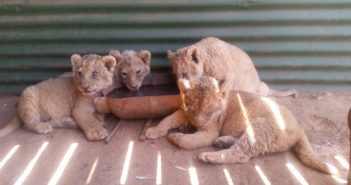
China’s recent ban on wildlife consumption will hopefully stop the flow of lion bones from South Africa, which may be contaminated with tuberculosis and tranquilizers.
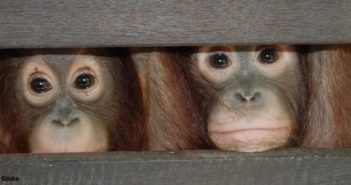
The scale of wildlife trafficking in Southeast Asia is incredible and a renewed game plan is needed to combat it, says a new report released yesterday.
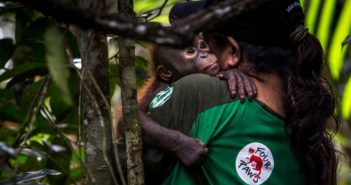
A team of Indonesian caregivers spends hours in the forest every day and night, modeling essential forest skills like nest-building and foraging.
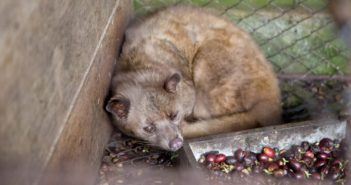
An animal advocacy group reveals the abuse of civets for the production of civet coffee and urges TripAdvisor to stop booking cruel coffee tours.
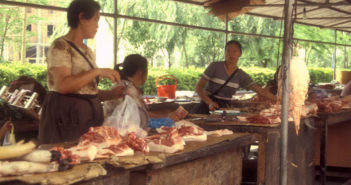
The current situation – awful as it is – has shone a spotlight on all wildlife trade in China, presenting the government with an opportunity to finally tackle demand for wildlife threatened by trade, including by closing legal markets.
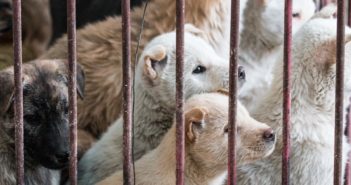
As with a number of previous outbreaks, coronavirus is believed to have originated in a market where many live animals are sold and slaughtered in unhygienic conditions.

Dog racing is a deeply unethical industry that abuses, uses, exploits and kills dogs purely for profit.
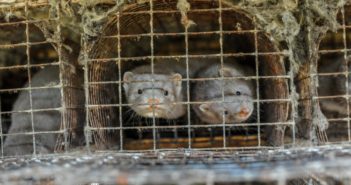
A report reveals how China’s fur industry is both healthy and influential, and highlights its growing influence on the world’s fur industry.
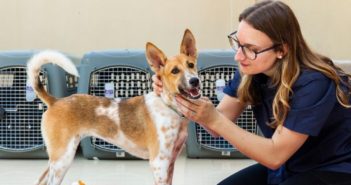
The story of six lucky survivors of the Cambodian dog meat trade and their journey to the U.S. to start new lives.
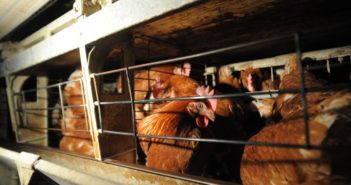
While progress is being made on the huge task of reducing demand and promoting veganism, we can also try to give currently living hens better living conditions.
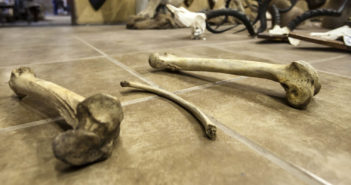
South Africa is facilitating illegal trade in lion bones, enabling the activities of notorious international crime syndicates, and threatening the survival of tigers and lions in the wild.